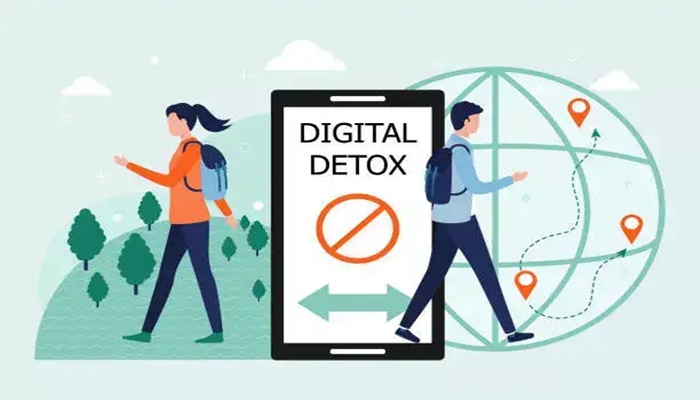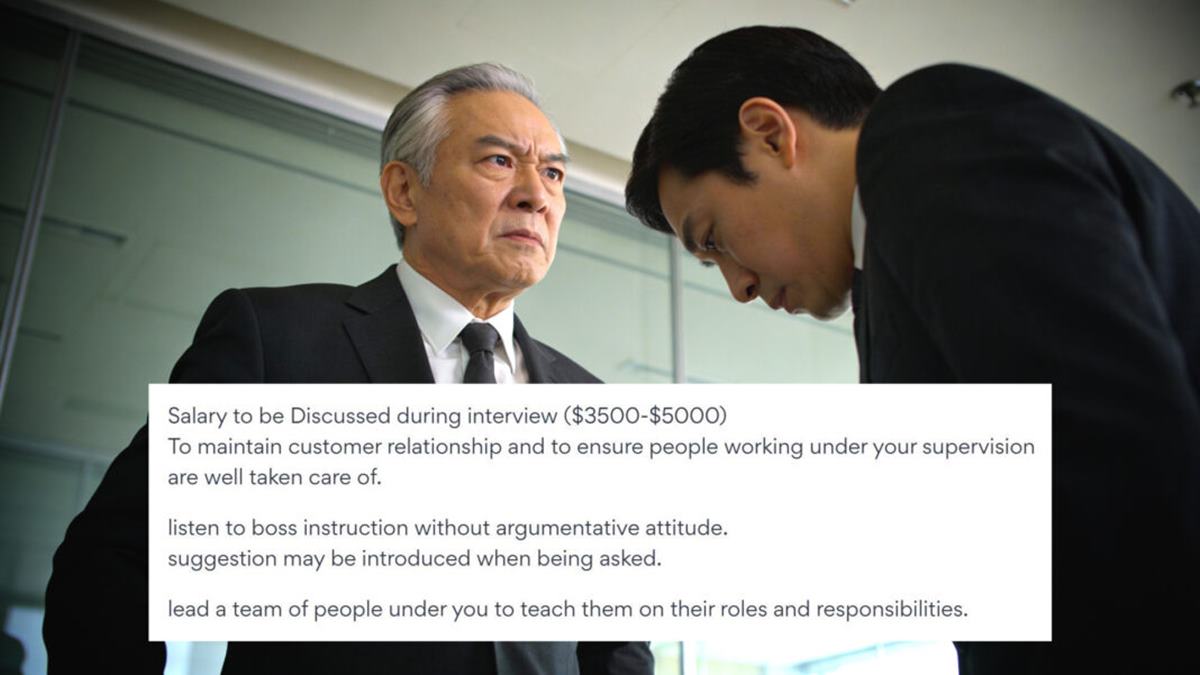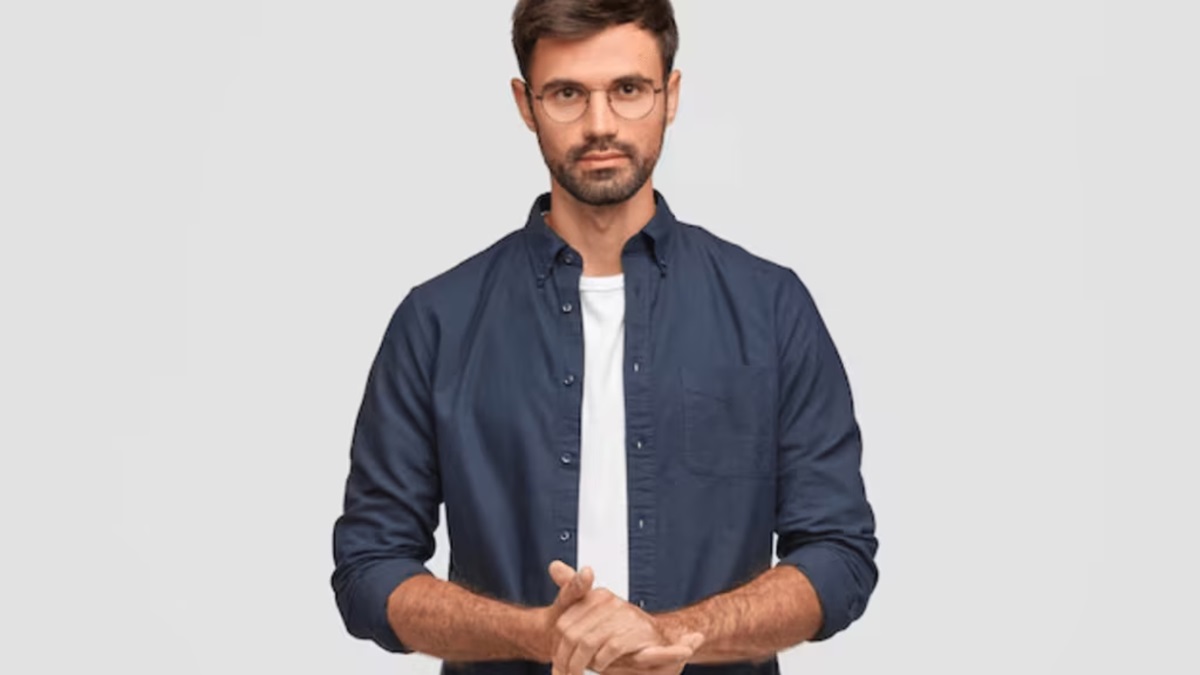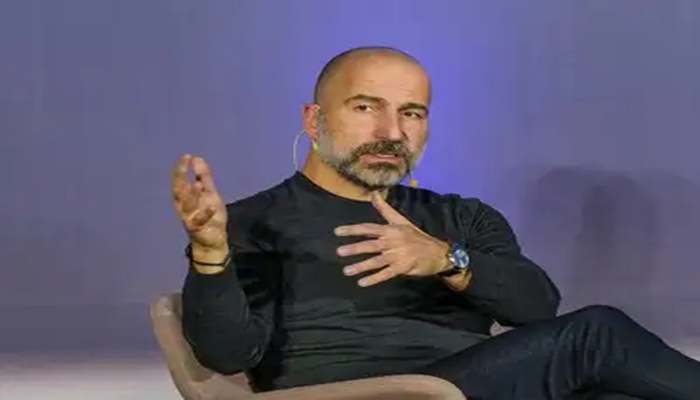Teens who overuse social media and smartphones could deprive themselves of a life skill that’s essential for success, according to social psychologist and New York University professor Jonathan Haidt.
Those between the ages of 13 and 18 average eight hours and 39 minutes of screen time per day, according to a 2021 report from Common Sense Media. Moreover, the company’s 2023 “Constant Companion” report found that teens receive almost 240 notifications every day, and check their phones over 100 times.
The result: A generation of people who can’t concentrate, according to Haidt. And focus is an essential skill for success in life and at work, the social psychologist pointed out on a recent episode of The Oprah Podcast, where he spoke to a 17-year-old self-proclaimed social media addict.
“It is urgent that you restore your brain,” said Haidt, who earned his Ph.D. at the University of Pennsylvania and wrote the New York Times best-selling book, “The Anxious Generation.”
The smart move is to make improvements now: “If you [are on your phone up to 10 hours a day] until you’re 25, then the damage might be permanent,” he said. “By 25, the frontal cortex is kind of done changing. … At that point, it’s going to be much harder to get your attention back.”
Social media is “shattering” attention spans, he noted: “These things are designed to interrupt you.”
And an inability to concentrate can hinder you personally and professionally, according to Haidt. It becomes harder to maintain personal relationships, or even hold down a job, when you have trouble paying attention to anyone or anything beyond your phone. “Do you think any employer’s going to find it useful to hire someone who can’t focus on what they’re supposed to focus on?” he asked.
Haidt’s book, which connects social media and smartphone addiction directly to poor mental health among young people, has generated controversy. Some readers believe it overlooks other, equally significant causes of anxiety and unhappiness in younger people — genetics, brain chemical imbalances and trauma, to name a few.
However, research has shown that social development can suffer when kids and teens over-depend on devices rather than interacting in person.
And in 2023, then-U.S. Surgeon General Vivek Murthy issued an advisory warning about the mental health risks brought on by social media and smartphones, citing studies showing that can lead to higher rates of anxiety and depression.
Try going ‘cold turkey’ for a month to rebuild focus
Haidt advised re-building your ability to focus by committing to using your phone less and suggested getting a small group of friends and family to join the challenge with you.
“If you can find three other family members, three friends to do this with,” you’ll have a better chance at breaking the habit so you can build focus, Haidt said. “I would recommend going cold turkey [from social apps] for a month, if you can.”
Do you think any employer’s going to find it useful to hire someone who can’t focus?
Jonathan Haidt
AUTHOR OF “THE ANXIOUS GENERATION”
When you get the urge to grab your phone, consider making a swap: Instead, start reading, writing in a journal, completing a movie you started or going outside. Then finish that activity before moving on to something else, Haidt recommended.
Consider listening to music while you’re trying to finish chores or get work done, too: Though it may sound counterintuitive, music can help you concentrate, according to Srini Pillay, a Harvard psychiatrist, brain researcher and chief medical officer.
“There are many ways that music can impact the brain’s ability to focus,” he wrote for CNBC Make It in 2023. “One mechanism involves decreasing stress and cortisol, which allows the brain’s attention center to operate without interruption.”
Just steer clear of songs that might make you sad, or are so catchy they make it more difficult for you to stay on task. “In the brain, the focus centers are directly connected to the regions that process emotion, so any music that makes you more emotionally volatile could disrupt your concentration,” he wrote.
Source –https://www.cnbc.com/2025/05/02/psychologist-young-people-must-learn-to-focus-by-age-25.html




















